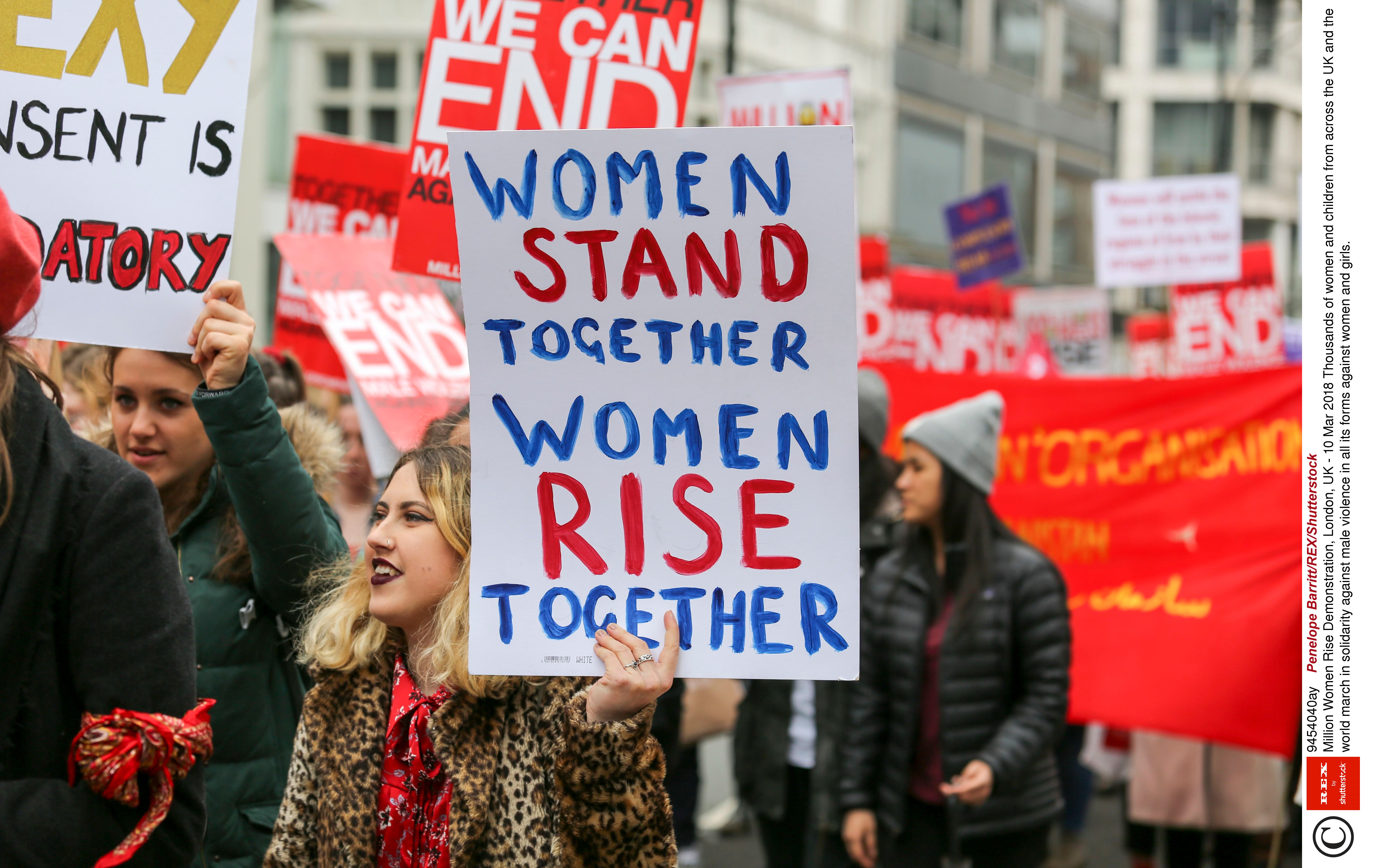The 4B movement is a rising force online and is a powerful stance against inequality, violence, and societal expectations that continue to define women’s roles worldwide.
Initially born in South Korea, the 4B movement—standing for Bihon (no marriage), Bichulsan (no giving birth), Biyeonae (no dating men), and Bisekseu (no sex)—encourages women to break free from traditional norms by refraining from dating, marriage, and childbearing.
Now, as social pressures grow and rights are threatened globally, more women are considering the principles of 4B as a means to reclaim autonomy. For some, like Kingston University student Nova Greer, the movement’s message resonates deeply.
She first encountered the 4B movement on TikTok and felt its goals were “an extremely valid measure that women are considering”. Reflecting on the state of women’s rights, especially in America, she said: “When women’s rights to their bodies are in jeopardy, that is an extremely scary thing. If participating in the 4B movement makes these women feel like they have more control over their own bodies, then I fully support them.”
For many supporters, 4B is about regaining control over personal choices in a world where these decisions are often dictated by societal or political expectations.
Isabelle Czajkowski, a 20-year-old special education student, feels the weight of cultural expectations and said: “Personally, I don’t plan to get married simply because I know I will be able to provide for myself and live my life the way I want.” She believes the 4B movement opens the door for women to redefine their lives outside of traditional expectations.
Nova commented: “With the results of the recent presidential election in the United States, I believe issues of women’s rights, inequality, and societal pressure are extremely relevant and important to be discussed.” For many young women, the movement is more than a social media trend—it’s a call for societal change and self-empowerment.
However, those who support the 4B principles are well aware of the challenges involved in adopting them. As Nova said: “It may be difficult to join this movement, because as humans we crave connection with others.” She adds that heterosexual women might especially struggle with choosing celibacy or avoiding marriage, yet many believe these sacrifices could lead to greater societal change.
Czajkowski reflected: “I hope that sometime down the line maybe society will start to take women more seriously. They will realize just how important we are.”

